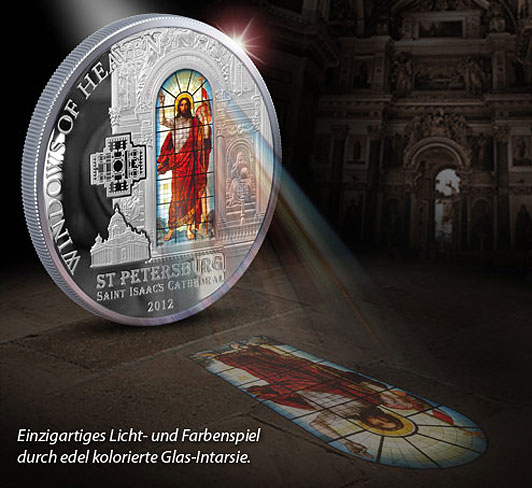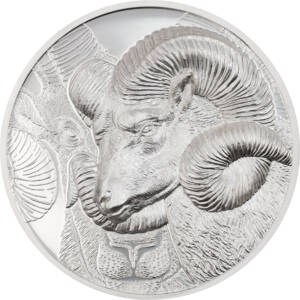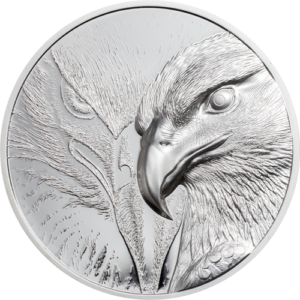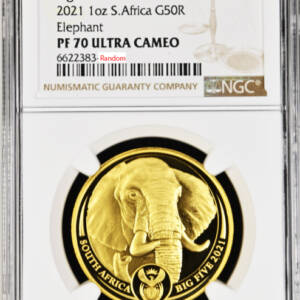
.
A stunning new series of silver coins minted for the Cook Islands pays tribute to famous Cathedrals throughout the world. Beautifully designed, featuring stained glass windows, the series bears the title “The Windows of Heaven”.
The obverse of the coin represents an effigy of Elizabeth II as well as the inscription of the Queen’s name. There is a full-colour window ins ert next to the portrait. The obverse also contains the legends indicating the face value of the coin and the name of the issuing country.
The reverse design features the image of the magnificent St Petersburg Saint Isaac Cathedral, with a plan of the outlay of the cathedral below. Being a powerful testimony to the strength and persistence of Christian belief in medieval and modern Europe, the temple has an exceptional intrinsic val ue and contains artistic masterpieces, one of them reflected in a full-colour window insert on the reverse of this silver coin. The upper part of the coin contains the legend denoting the name of the series. Below the images, there are the inscriptions of the name of the city and the year of mintage.
.
-
Contains 50 grams of .925 Silver.
-
Coin is decorated with real stained glass
-
Each coin comes in a special box with a COA.
-
Strict limited mintage of only 2000 coins.
-
Obverse: Effigy of Queen Elizabeth II, “Cook Islands”, and the legal tender value of 10 Dollars
-
Reverse: A very high quality rendition of St Petersburg Saint Isaac Cathedral
.
In the series of Windows of Heaven you can find:
.
2010 Windows of Heaven – Cologne
2011 Windows of Heaven – Notre Dame de Paris
2011 Windows of Heaven – Sevilla
2011 Windows of Heaven – Westminster Abbey London
2011 Windows of History – Titanic
2012 Windows of Heaven – Bethlehem
2012 Windows of Heaven – Cracow St Francis
2012 Windows of Heaven – St Isaac Cathedral
2013 Windows of Heaven – Chartres
2013 Windows of Heaven – Lourdes
2013 Windows of Heaven – Milan Cathedral
2013 Windows of History – Grand Central Terminal
2014 Windows of Heaven – Buenos Aires
2014 Windows of Heaven – Sacre Coeur
2014 Windows of Heaven – Sacre Coeur
2014 Windows of Heaven – Washington National Cathedral – Special Editon
2014 Windows of Heaven Giants – Cologne Cathedral – Special Edition
2015 Windows of Heaven – Zagreb Cathedral
.
.
.
.
History:
Saint Isaac’s Cathedral or Isaakievskiy Sobor (Russian: Исаа́киевский Собо́р) in Saint Petersburg, Russia is the largest Russian Orthodox cathedral (sobor) in the city. It is the largest orthodox basilica and the fourth largest (by the volume under the cupola) cathedral in the world. It is dedicated to Saint Isaac of Dalmatia, a patron saint of Peter the Great, who had been born on the feast day of that saint.
The church on St Isaac’s Square was ordered by Tsar Alexander I, to replace an earlier Rinaldiesque structure, and was the fourth consecutive church standing at this place. A specially appointed commission examined several designs, including that of the French-born architect Auguste de Montferrand (1786–1858), who had studied in the atelier of Napoleon’s designer, Charles Percier. Montferrand’s design was criticised by some members of the commission for the dry and allegedly boring rhythm of its four identical pedimented octastyle porticos. It was also suggested that despite gigantic dimensions, the edifice would look squat and not very impressive. The members of the commission, which consisted of well-known Russian architects, were also particularly concerned by necessity to build a new huge building on the old unsecure foundation. The emperor, who favoured the ponderous Empire style of architecture, had to step in and solve the dispute in Montferrand’s favour.
The cathedral took 40 years to construct, under Montferrand’s direction, from 1818 to 1858. To secure the construction, the cathedral’s foundation was strengthened by driving 25 000 piles into the fenland of Saint Petersburg. Innovative methods were created to erect the giant columns of the portico. The construction costs of the cathedral made an incredible amount of 1 000 000 gold rubles. Under the Soviet government, the building was stripped of religious trappings. In 1931, it was turned into the Museum of the History of Religion and Atheism, the dove sculpture was removed, and replaced by a Foucault pendulum. On April 12, 1931, the first public demonstration of the Foucault pendulum was held to visualize Copernicus’s theory. In 1937, the museum was transformed into the museum of the Cathedral, and former collections were transferred to the Museum of the History of Religion (located in the Kazan Cathedral).
During World War II, the dome was painted over in gray to avoid attracting attention from enemy aircraft. On its top, in the skylight, a geodesical intersection point was placed, with the objective of aiding in the location of enemy cannon.
With the fall of communism, the museum was removed and regular worship activity has resumed in the cathedral, but only in the left-hand side chapel. The main body of the cathedral is used for services on feast days only.
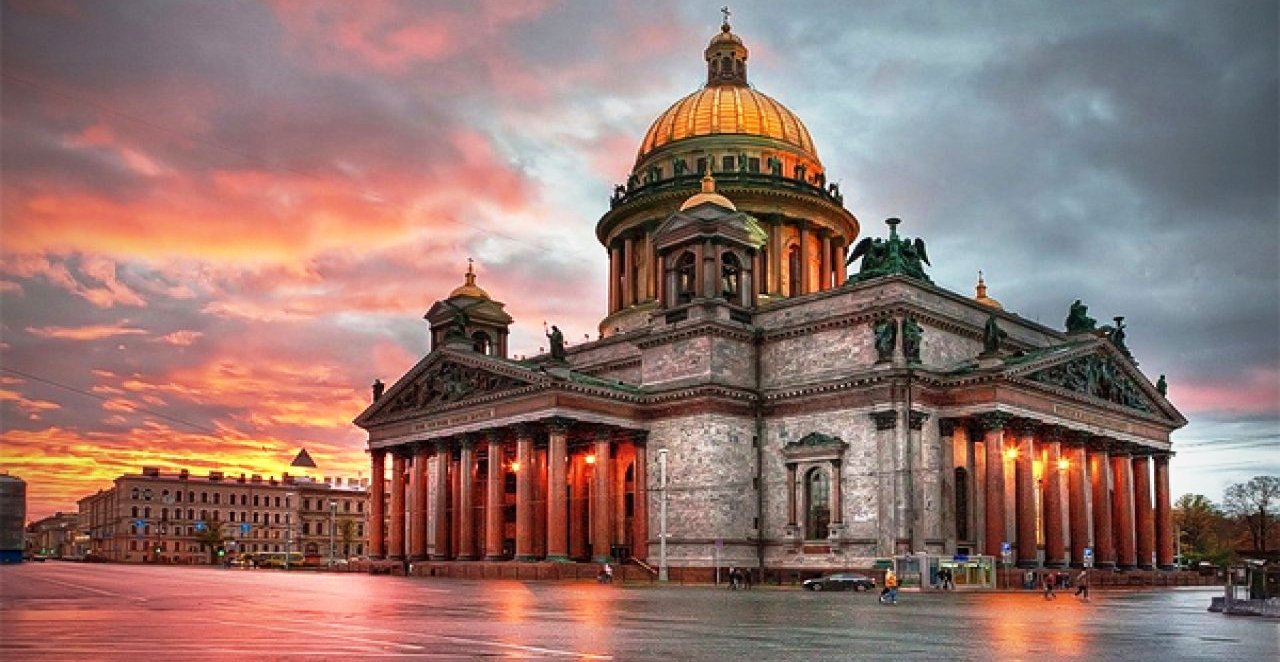
St Petersburg Saint Isaac Cathedral



